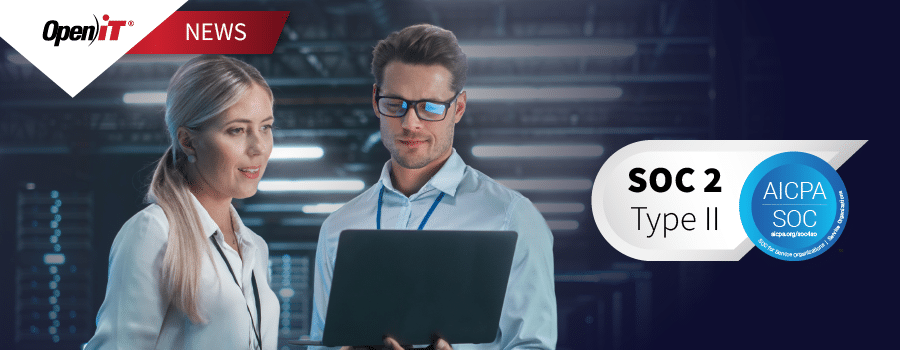A software audit comes with a hefty price tag and a tedious process. They can be disruptive to a company’s development and may place financial strain due to unbudgeted costs. The organization would also have to consult with auditors to ensure the process is complete and accurate.
In worst-case scenarios, for instance, companies only have a few options when faced with copyright infringement claims around an audit to resolve the matter out of court.
These judicial processes can be taxing, costly, and stressful, but it’s not too late to make sure they never happen to you.
You can take preventative measures to avoid any misstep in your process. Ensuring software license compliance will not only help you avoid painful audits or hefty fines, but it can also help you find areas where you have wasted software spending.
Having a plan and a few essential tools can assist you in achieving this seamless process.
Here are the best practices you need to know to ensure software license compliance.
Software License Compliance: What and Why
Software compliance is the practice of ensuring that an organization’s software licenses are used according to the provider’s terms and conditions.
If a vendor were to conduct an audit, they must find that the number of licenses you have purchased is equal to the number of licenses installed on your computer.
Businesses must remain compliant to save their organization from any adverse consequence of discrepancies in their numbers. Any mismatch or sign of fraudulence can have a detrimental effect.
6 Ways for Effective Software License Compliance
Understand Contract Terms and Penalties
The contracts between software vendors and organizations establish the terms and conditions of the service. Software licensing agreements are complex, so organizations need to know the terms specified in their arrangements.
Any violation can lead straight to an audit, unplanned cost, or legal action.
You need to go through each term carefully and understand what it contains: definition of terms, billable assets, etc.
By knowing the contract by heart, you’ll be able to equip yourself with the correct information to understand what constitutes the licensing agreement to avoid future problems.
Implement Software Asset Management Applications to Monitor Compliance
Software management is vital for software consumers. However, not everyone is well-versed in it.
Compliance in software licenses is the goal, but software asset management (SAM) is the ongoing process to achieve it.
Software asset management involves managing and optimizing a software’s processes, including deployment, maintenance, and utilization.
SAM is crucial to any organization’s success. Having an efficient license management tool or program ensures compliance and reduces costs.
Open iT offers LicenseAnalyzer, a software asset management program that supports over 6,000 applications and meters software applications and provides an overview of your organization’s software usage, ensuring proper and maximized use.
Keep Accurate and Detailed Records
Maintaining records that are thorough and exact is crucial to demonstrating software compliance. Without these, you risk a software audit.
Thus, stay on top of your duties and ensure that all records are safe and organized.
There’s no better feeling than being able to defend your compliance status with accurate information to back you up.
Open iT has great software license management tools that can help you organize and keep track of records in a single space, providing administrators a centralized portal for license files, options files, and license servers.
Optimize Your Software Licenses
Get the most out of your licenses by optimizing them. Instead of buying additional ones, try to use processes that will reuse software.
For example, Open iT’s License Usage Optimization tracks idle license usage and releases them automatically to reduce your cost and maximize the value of your current licenses.
Have Knowledge of Software Audits
Probably one of the best ways to prepare for audits or avoid them altogether is by understanding what they are and why they happen.
An audit is meant to review a software program and check if licenses purchased are compliant with vendor terms. Just because your organization is called to undergo a software audit doesn’t necessarily mean that you are non-compliant.
Some businesses conduct regular audits as part of their compliance checks.
Conduct Internal Software License Compliance Audits
The best way to know whether your organization is compliant or not is by conducting regular internal compliance audits. These self-assessments can be done with the help of software license management companies.
The goal is to see where compliance issues lie. In addition, consistent and regular audits make it easy to deal with external audit requests.
This is because you’ve already gotten a first-hand check at what could potentially be tagged as non-compliant behavior.
Update Your Software Licenses Regularly
Knowing the cost and stress of getting a software audit, why wait for the time until it happens to you before you make a move? Implement the aforementioned best practices, know the best ways to avoid audits, and stay on top of your compliance requirements.
Open iT has a full suite of software license management tools to help your business make smarter decisions. Schedule a demo with us today!






